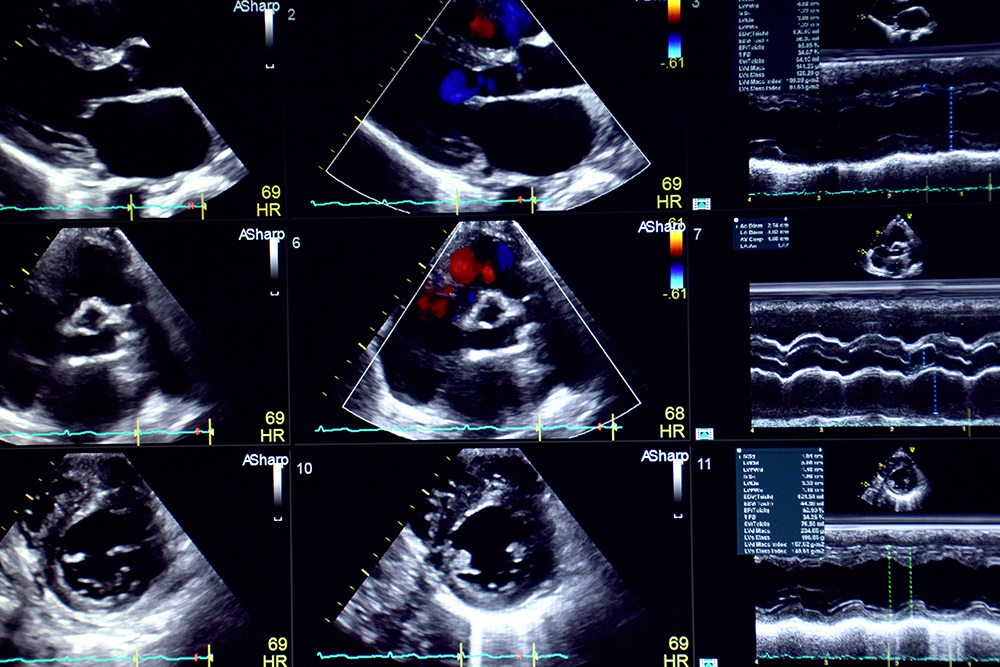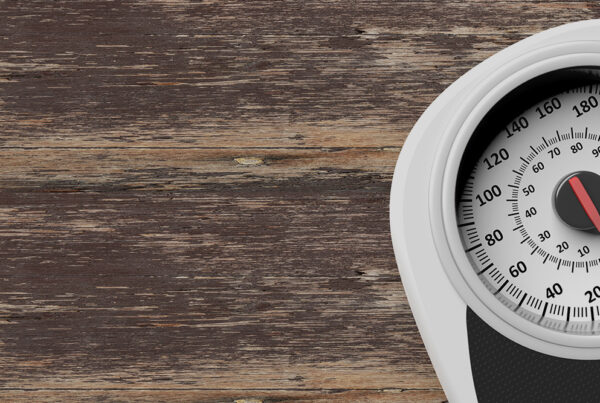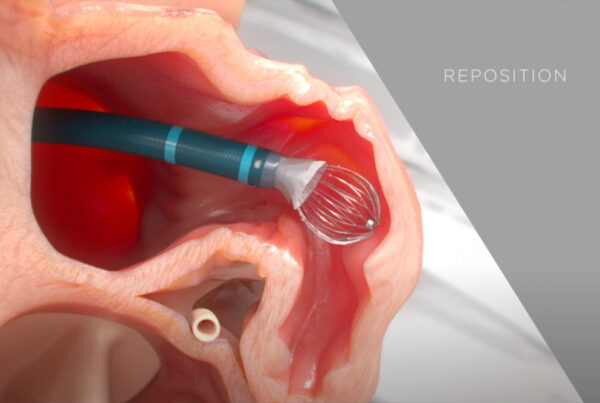If you’ve ever been told that you have a “thick heart,” there are many possible reasons for this. The heart is a muscle, so it will thicken if it has to work harder than normal over a long period of time. This can be caused by high intensity physical exercise (this is healthy!) or by longstanding high blood pressure (this is not so healthy…). There are other less common genetic and systemic conditions which can cause abnormally thick heart walls. One of these conditions is called hypertrophic cardiomyopathy (HCM). This is a relatively common (about 1 in 500) genetic condition in which the normal architecture of the heart muscle cells is distorted, causing the heart walls to enlarge. In some cases, a part of the heart wall can grow so large that it obstructs blood flow out of the heart, in which case the disease is termed hypertrophic obstructive cardiomyopathy (HoCM). The condition can be entirely asymptomatic if the obstruction is mild. However, if the obstruction grows, patients commonly experience worsening shortness of breath with activity, fatigue, lightheadedness, and chest discomfort. In rare, severe cases, patients may experience a dangerously abnormal heart rhythm. HCM is a unique concern for athletes of all levels including NBA players (https://www.espn.com).
The condition is typically diagnosed with an imaging test, most commonly an echocardiogram (ultrasound of the heart) which can identify the thickness of the heart muscle, the degree of obstruction, and provide additional information about heart valve function and overall strength. A cardiac MRI is also commonly used and provides additional information about heart muscle structure. Additional testing may also be performed, including stress testing, genetic analysis, and testing of the heart’s electrical system. Treatment of this condition is usually dictated by symptoms. Milder cases can be treated with medications like beta-blockers, calcium channel blockers, and specific anti-arrhythmic medications. Most patients will go on to lead healthy, active lives with medications alone. For more severe cases, patients may be considered for procedures to remove the obstruction, which can be done either through traditional open-heart surgery or through a catheter-based procedure.
In all cases of proven or suspected HCM, it is important to establish regular care with a cardiologist to properly monitor your condition. It is also vitally important that family members of patients with HCM be screened. If you have concerns that your “heart is too big” (and not just because you’re overly generous!), or if you have any other concerns about your heart health, give Connected Cardiovascular Care Associates a call today. We’d be happy to see you!
For more detailed information about HCM treatment, please see: https://www.acc.org/






